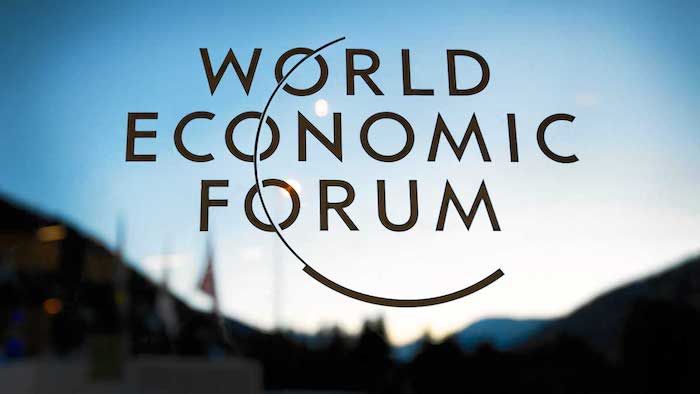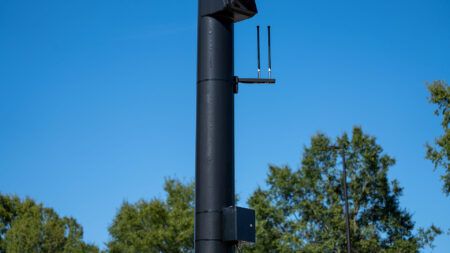The World Economic Forum (WEF) has been selected to act as the secretariat for a new G20 Global Smart Cities Alliance and will lead a new global effort to establish universal norms and guidelines for the implementation of smart city technology.
The new Alliance unites municipal, regional and national governments, private-sector partners and cities’ residents around a shared set of core guiding principles for the implementation of smart city technologies, including transparency, privacy and security. Currently, there is no global framework or set of rules in place for how sensor data collected in public spaces, such as by traffic cameras or connected vehicles, is used. The effort aims to foster greater openness and trust as well as create standards for how this data is collected and used. Founded in 1999, G20 is an international forum for the governments and central bank governors from 19 countries and the European Union (EU). Japan’s presidency of the G20, under the leadership of Prime Minister Shinzō Abe, marks the first time that smart city technologies and global technology governance have been elevated to the main agenda.
In its role as the international organization for public-private cooperation, the WEF will coordinate with members from the G20, Urban 20 and Business 20 communities to develop new global governance guidelines for the responsible use of data and digital technologies in urban environments. The Internet of Things, Robotics and Smart Cities team in the Forum’s Center for the Fourth Industrial Revolution Network in San Francisco (USA) will take the lead and ensure accountability throughout the alliance’s members. WEF notes that public-private cooperation is crucial to achieving global change and efforts to form the Global Smart Cities Alliance have been supported by four Forum partners: three Japanese multinationals Eisai (pharmaceuticals), Hitachi (multiple technologies), NEC (information technology), and the USA’s Salesforce (cloud-based software).

“This is a commitment from the largest economies in the world to work together and set the norms and values for smart cities,” said Børge Brende, WEF’s president. “We will coordinate efforts so that we can all work in alignment to move this important work forward. It is important we maximize the benefit and minimize the risk of smart city technology so all of society can benefit, not the few.”
Koichi Akaishi, the Japanese Government’s director general for science, technology and innovation, noted, “The advancement of smart cities and communities is essential to address the world’s most pressing challenges, including climate change and inclusive economic growth. The Government of Japan is pleased to G20 Ministers all pledge their support for the creation of a global smart cities coalition.”
New York City’s Mayor, Bill de Blasio, commented, “In today’s interconnected world, global collaboration is no longer merely an option, it is a necessity. New York is proud to have championed a model for smart cities that puts our most vulnerable residents first. We also recognize that now more than ever urban issues have global implications. As mayors, we have a unique responsibility to lead by example and demonstrate a sustainable path towards a more inclusive and equitable future.”





